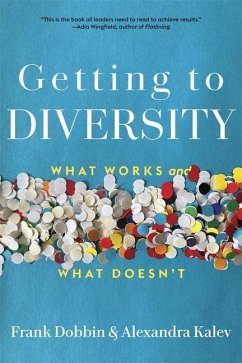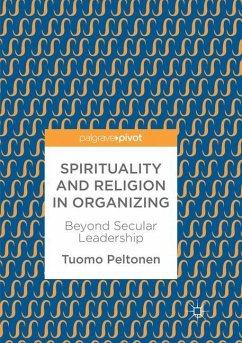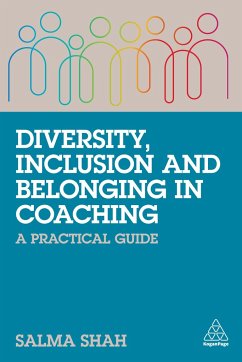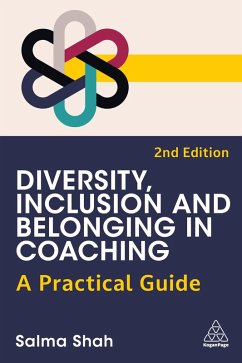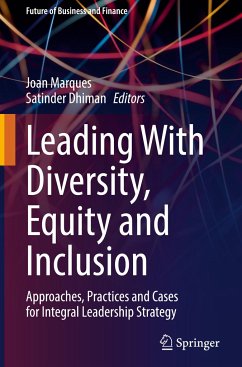
Diversity, Affect and Embodiment in Organizing

PAYBACK Punkte
57 °P sammeln!
Bringing together research from critical diversity studies and organization theory, this edited collection challenges unspoken norms and patterns of discrimination in organizational bodies. The authors problematize the management of diversity by focusing on the differentiations between racialized, aged, gendered and sexed bodies. By taking a fresh approach and placing the body at the forefront of power relations, this thought-provoking book seeks to challenge the homogenizing and oppressive dimensions of organizational governance, structure and culture that deny bodily difference. An insightfu...
Bringing together research from critical diversity studies and organization theory, this edited collection challenges unspoken norms and patterns of discrimination in organizational bodies. The authors problematize the management of diversity by focusing on the differentiations between racialized, aged, gendered and sexed bodies. By taking a fresh approach and placing the body at the forefront of power relations, this thought-provoking book seeks to challenge the homogenizing and oppressive dimensions of organizational governance, structure and culture that deny bodily difference. An insightful read for scholars of HRM, diversity management and organization, Diversity, Affect and Embodiment in Organizing encourages an active approach to tackling discrimination and recognizes the diversity of embodied lives.



